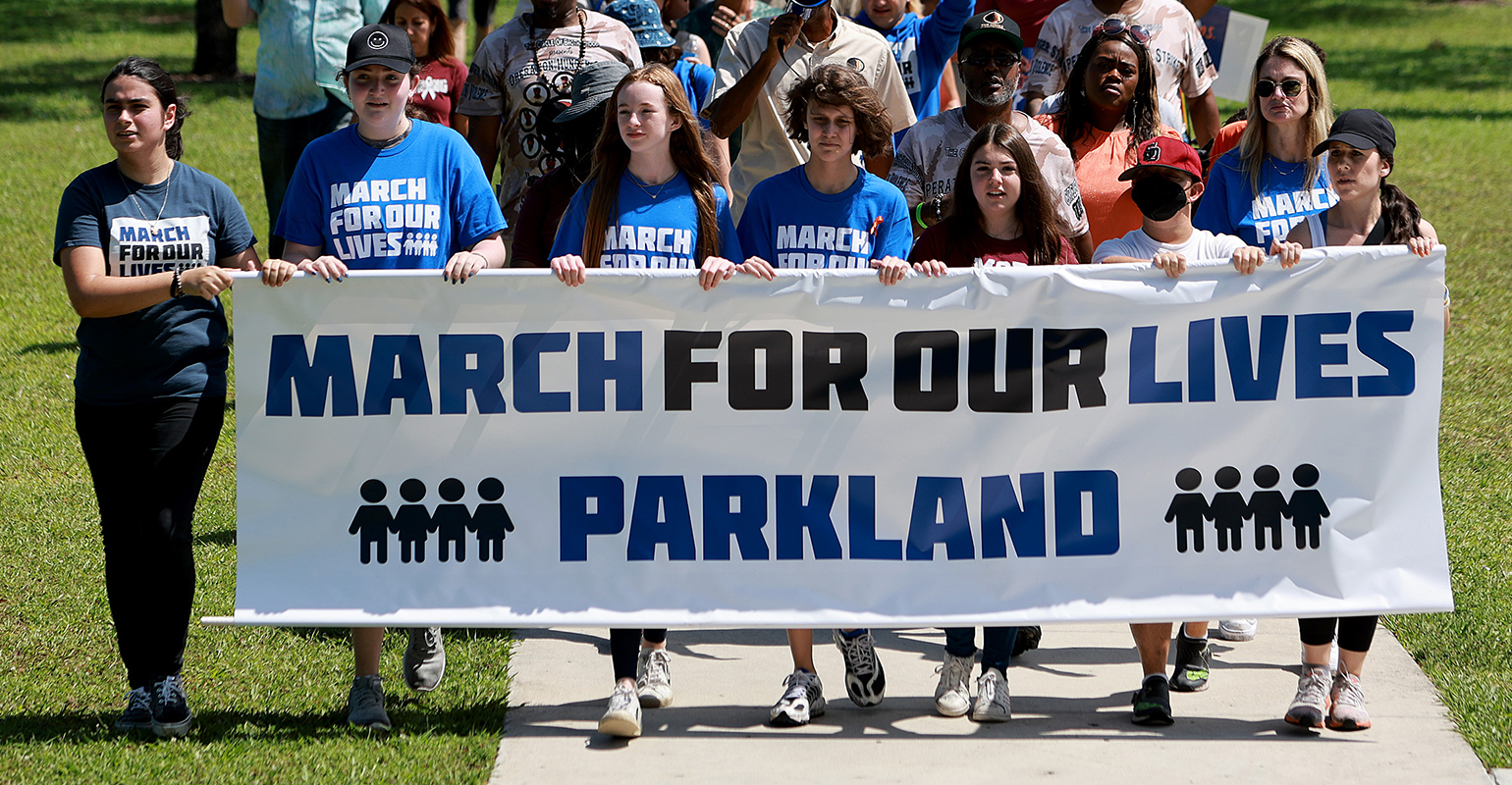Now more than ever, with political divides wider than they've been in decades and an election year in full swing, philanthropists are looking for ways to make an impact on issues they care deeply about — including advocacy .
And for good reason – the ROI of a dollar invested in policy and civic engagement is 115% according to the National Committee on Responsive Philanthropy. Our research at the Bridgespan Group has found that this type of giving is fundamental to sustainable and transformative social change.
But many funders overlook or avoid the tools they need to have the impact they want—from awareness-raising to lobbying to political campaigning—sometimes because they seek funding organizations with different legal statuses—501(c)3 vs. 501(c) 4 vs. 527. Our research suggests that those advocacy tools are not as burdensome or complicated as they may seem. The payoff for communities is huge.
We captured what we've learned, including insights from 30 practitioners and philanthropists, in “Using all the tools in the toolkit: Funding advocacy for social change” to address the questions we hear most often from funders (including questions about transparency and accountability).
Here are nine ideas on how, when and where to consider investing in advocacy efforts:
- Support the full scope of the 501 (c)3 advocacy workwhich includes public education efforts and a limited amount of lobbying
- Create the structure to fund 501(c)4 and 527 activities if you identify a need for unrestricted lobbying (which 501(c) 4s can do) or political campaign work (which 527s can do) to achieve your goals
- Give through intermediary funding organizations and donor advised funds as structured, efficient ways to fund 501(c)3, 501(c)4 and 527 organizations
- Give directly to 501(c)4s or 527s starting with the organizations you know
- Collaborate with funders and experts who share your goals to spur collective action to make smarter investments
- Consider opportunities to partner on issues, not along party lines as unlikely allies can increase the effectiveness of advocacy work
- Fund regionally to meet your goals as the opportunities abound for transformative impact with investments across the country at all levels of government
- Check out organizations that go beyond the norm from higher-profile election offices to find decision-making power and to organizations that engage “low-propensity” voters—disproportionately black voters.
- Give early and stay the course so organizations can plan beyond the ebb and flow of the election cycle funding
These ideas coalesced into New Mexicans' push for early childhood education, demonstrating the outsized impact that can come from strategic funding of advocacy and constituency work.
OLÉ Education Fund and a broad coalition of community organizations had advocated for increased spending from the state's Permanent Land Grant Fund. This required a constitutional amendment passed through a ballot measure. But without the support of a majority of lawmakers, they could not put the issue on the ballot. In 2020, after years of organizing, voters elected officials who supported this investment in early education.
The Vote YES For Kids campaign raised $4 million – powered by a range of philanthropies, including leading early childhood education funders such as The Ballmer Group AND Heising-Simons Action Fund. On November 9, 2022, the ballot initiative won with 70 percent of the vote in nearly every precinct — with strong support in both Republican and Democratic districts — permanently unlocking $150 million a year for education in New Mexico. Those dollars went toward new child care centers, direct support to families for child care, and salaries for family support educators—improving the lives of children, their families, and educators alike.
“If you want policy that supports the kind of work you want to see in the world, you need to elect policymakers who will do it,” Kim Jordan, founder and board chair of the Mighty Arrow Family Foundation, told us.
Funders who see the potential of their investment in policy advocacy have enabled sustainable and systemic change. Now is the time to join them.
Debby Bielak is a partner in The Bridgespan Group's San Francisco office, where Liz Jain is a principal.

